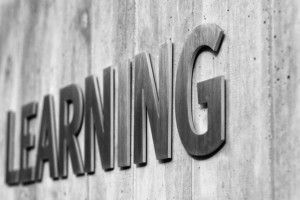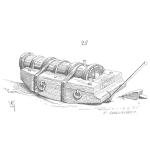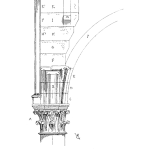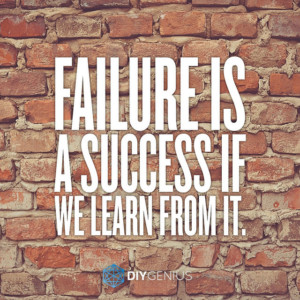Ensuring Performance and Long Term Sustainability of Your Maintenance & Reliability Program
 Imagine working in an organization that does not provide training or has zero tolerance to taking a risk, trying something new and failing. Or it is expected that you have all of the answers and do not need any assistance ever. Sound familiar? If it does, how is the performance of your plant? Chances are it is not as good as it could be. This example is great at illustrating what a learning culture does not look like.
Imagine working in an organization that does not provide training or has zero tolerance to taking a risk, trying something new and failing. Or it is expected that you have all of the answers and do not need any assistance ever. Sound familiar? If it does, how is the performance of your plant? Chances are it is not as good as it could be. This example is great at illustrating what a learning culture does not look like.
“A learning culture is a set of organizational values, conventions, processes, and practices that encourage individuals—and the organization as a whole—to increase knowledge, competence, and performance.” A learning culture is vital to the long-term sustainability of any maintenance & reliability program and improving plant performance.
If you don’t have an organization that believes in training, or risk taking or learning from failure, what do you do? You can take steps to build a learning culture. The first step is to recognize the concern. The concern could be around cost, past returns on training, or experience that says the employee will leave after receiving the training. Whichever it is, it must be addressed.
Also, any organization can start to develop a learning culture by doing the following;
- Formalize training and development plans for each individual. These plans should include all mandatory training as well as specific training that will allow each person to grow in their current and future positions
- Give recognition to learning by promoting and celebrating those that learn new skills and gain new knowledge. As recognition is given to those with new skills, other will want to participate.
- Get feedback on the type, quality, and applicability of the training. This will ensure that relevant and effective training is being provided.
- Promote from within. This creates a willingness and desire to learn as the staff knows they have an opportunity to grow within the organization.
- Develop a knowledge management process. It should be a formal process with participation required by all.
I recently had the opportunity to work with two great organizations. Both organizations had recognized the need for assistance. They were looking to make improvements in areas in which they had no experience, but they had a willingness to learn. They did not want a “turn key” solution but instead wanted to build the capability of their internal team, let them develop the solution and implement the solution.
There was and will be some follow-up support, but here are two organizations that are not only investing in their people with training but allowing them to take the risk, learn and grow. Talk about ownership; these were some of the most passionate people that I have had the pleasure to work with. It is always a pleasure to work with organizations such as this, and I am truly enjoying watching the team come together and grow.
People are the heart of any improvement, so make sure you invest in them and create a learning culture. In closing, I ask you to think about the following, “What if we train the staff and leave?”, but the better question is “What if we don’t train them and they stay?”
Remember, to find success; you must first solve the problem, then achieve the implementation of the solution, and finally sustain winning results.
I’m James Kovacevic
Eruditio, LLC
Where Education Meets Application
Follow @EruditioLLC
References











